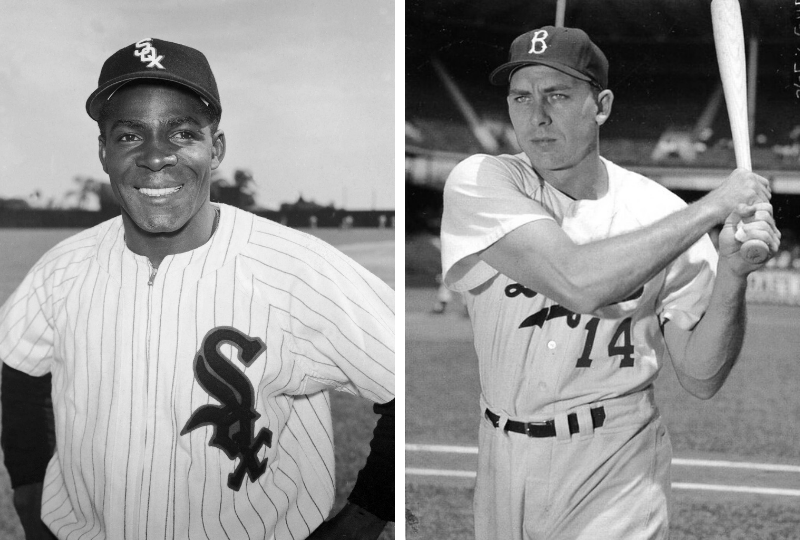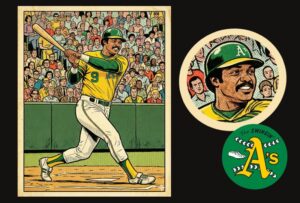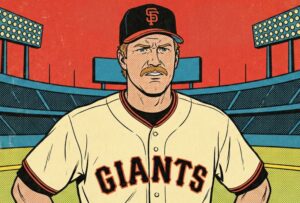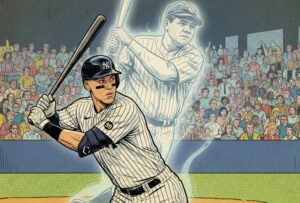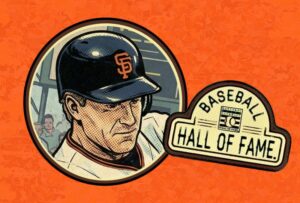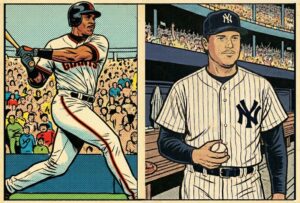Minnie Miñoso and Gil Hodges are among six former players who were elected to the Baseball Hall of Fame after results were announced of two elections by special committees this evening.
Also elected was former Negro Leagues star Buck O’Neil, a popular figure who was elected for his entire career as a player, manager, coach, scout, and ambassador of the game.
The six former players elected by the two committees were Bud Fowler, Gil Hodges, Jim Kaat, Minnie Miñoso, Tony Oliva, and Buck O’Neil.
Hodges was run producer for Brooklyn Dodgers in 1950s
Gil Hodges, a star as a first baseman for the Brooklyn Dodgers and later a World Series winning manager for the 1969 New York Mets, was elected after years as a strong candidate. Hodges’ career in baseball halted suddenly and tragically when he died from a heart attack during spring training in 1972, when he was still in place as the Mets manager.
Hodges hit 370 home runs, was named to the All-Star team eight times, won three Gold Glove awards at first base, and topped 100 RBI in seven straight seasons. He hit five home runs in the World Series for the Dodgers. His statistics compared favorably to other first baseman who were already in the Hall, including Tony Perez and Orlando Cepeda.
Durable Kaat finally elected
Former left-handed pitcher Jim Kaat, who won more games than any other pitcher in Minnesota Twins history and won 16 straight Gold Gloves, finally earned election to Cooperstown. Though he was rarely the ace of the pitching staffs he was on, Kaat was a dependable pitcher who was in the majors for 25 seasons, appearing in 898 games, 625 of them as a starter. He won 25 games in 1966 for Minnesota and 21 in 1974 for the White Sox.
Buck O’Neil’s election pleases baseball fans
In a decision that sent supporters of the negro leagues into jubilation, former negro leagues first baseman O’Neil was finally elected to the National Baseball Hall of Fame. O’Neil, who passed away in 2006 at the age of 94, had become an ambassador and beloved figure that represented the old negro leagues, which fielded players who were barred from participating in Major League Baseball for decades until the late 1940s.
In 1994, Ken Burns debuted his epic documentary on baseball history, and O’Neil emerged as the breakout star of the multi-part series. With his encyclopedic knowledge of negro leagues and white professional baseball, and his love for the game evident, Buck became a celebrity after the documentary was released. In future years he helped spread the love of baseball to several generations of fans at appearance around the country.
Miñoso’s impressive career rewarded
The Golden Days Era committee elected Minnie Miñoso, Kaat, Hodges, and also Tony Oliva. Each of those former players received at least 12 votes from the 16-person committee, with Miñoso getting the most support.
Miñoso collected more than 4,000 hits in a career that included his time in the negro leagues, the Mexican League, Cuban Winter League, and the American League. He was an 11-time All-Star, and finished in the top five in MVP voting four times. The native of La Habana also won three Gold Gloves.
Minnesota batting champ Oliva gains entry to Cooperstown
Former Twins outfielder Oliva, who won three batting titles and hit .304 in a career that took place in baseball’s second Deadball Era, narrowly missed being elected last time his name was on a ballot, but this time he earned his place among the greats of the game. He is the only living person elected to the Hall of Fame via these two elections.
Former slugger misses election by a single vote
Former first baseman Dick Alllen received 11 votes, missing election by a single vote. He is considered one of the best candidates for Cooperstown after an outstanding career with the bat that spanned the 1960s and 1970s. The 1972 American League Most Valuable Player with the White Sox, and National League Rookie of the Year in 1964 when he was with the Phillies. He was among league leaders in batting, slugging, and on-base percentage for the span of his career, which stretched from 1963 to 1977. His career OPS+ of 156 ranks 22nd all-time in baseball history. Allen can be considered again the future, three years from now when the Golden Days era committee convenes.
Early Baseball Era elects pioneer Bud Fowler
The Early Baseball Era ballot considered a disparate selection of candidates from the negro leagues, 19th century baseball, pre-World War II era ball, and the 1940s. They ultimately elected only O’Neil and Bud Fowler, passing over people like Bill Dahlen, Lefty O’Doul, Dick “Cannonball” Redding, and Allie Reynolds.
Fowler played in the 1870s as reportedly the first black professional player in organized baseball. He adds his name to the select group of black players in the Hall who played prior to the breaking of the color barrier in 1947.
Twenty players (ten per ballot) were up for consideration. The Early Baseball Era ballot consisted of Dahlen, John Donaldson (who received 8 votes), Fowler (12 votes), Vic Harris (10 votes), Grant “Home Run” Johnson, Lefty O’Doul, O’Neil (13 votes), Dick Redding, Allie Reynolds, and George “Tubby” Scales.
The Golden Days Era ballot included Allen, Ken Boyer, Hodges (12 votes), Kaat (12 votes), Roger Maris, Miñoso (14 votes), Danny Murtaugh, Oliva (12 votes), Billy Pierce, and Maury Wills.
Of the candidates considered, only Kaat, Oliva and Wills are still living.
Fowler, Hodges, Kaat, Miñoso, Oliva, and O’Neil will be inducted next July 24th during ceremonies in Cooperstown. They will be joined by any candidates that emerge successfully from the 2022 Baseball Hall of Fame ballot. Results of that election will be announced in early January.

